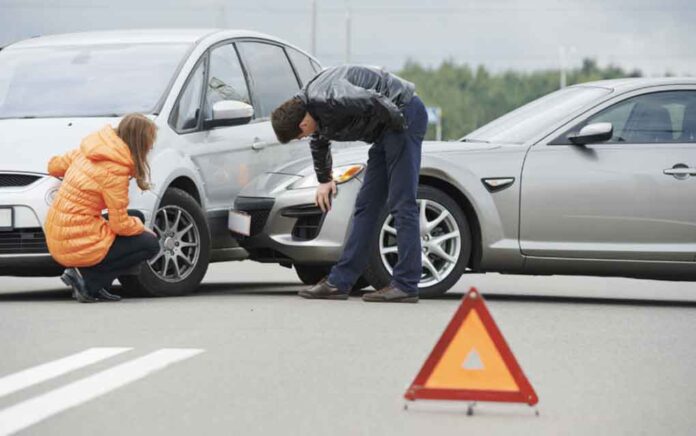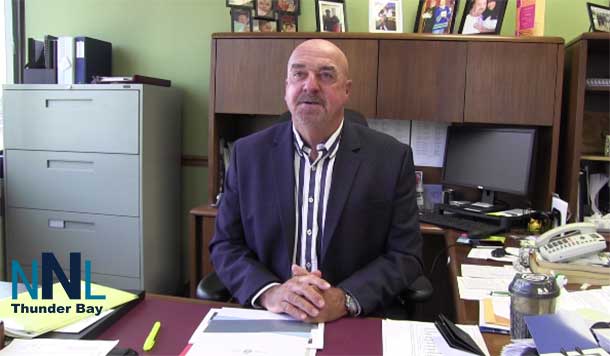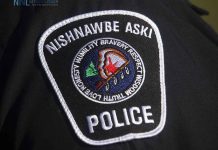Brake checking is a dangerous driving behavior in which a driver intentionally applies their brakes suddenly, often to provoke or intimidate another driver. This act is commonly associated with road rage or attempts to deter tailgating.
Regardless of intent, brake checking can lead to severe accidents, harming both vehicles and individuals involved. The consequences of brake checking go beyond immediate physical damage, potentially leading to legal and financial repercussions for the at-fault driver.
Why Do Drivers Engage in Brake Checking?
While brake checking is reckless, several reasons explain why drivers might engage in this behavior:
- Frustration and anger: In stressful driving situations, such as heavy traffic or perceived aggression from another driver, some drivers may use brake checking to release frustration or anger.
- Retaliation: When tailgating occurs, the leading driver may feel threatened and retaliate by brake checking to maintain control of the situation.
- Lack of awareness: Some drivers may not know the dangers of brake checking or do it without thinking, causing harm unknowingly.
- Desire for control: In a road rage situation, the driver may use brake checking to exert dominance and feel in control.
The Dangers of Brake Checking
Brake checking is not only dangerous but also illegal in most jurisdictions. It poses significant risks to both drivers involved and innocent bystanders. Some possible consequences of brake checking include:
Rear-end collisions: When a driver applies their brakes suddenly, it can catch the following driver off guard and cause them to collide with the vehicle ahead.
Whiplash injuries: Sudden braking can cause neck injuries for both drivers involved, especially if they are traveling at high speeds. These wounds may require intensive medical care and have long-term consequences.
Lawsuits: If a driver causes an accident through brake checking, they may face legal action from the other driver and any passengers involved. This could result in costly lawsuits and increased insurance premiums.
Legal and Financial Implications of Brake Checking
Brake checking is illegal in many jurisdictions, as it endangers public safety. Drivers found guilty of this behavior may face fines, suspension of driving privileges, or, in severe cases, criminal charges.
From a financial standpoint, the at-fault driver may be liable for medical expenses, vehicle repairs, and other costs incurred by victims. Additionally, insurance premiums for such drivers may increase significantly due to their risky behavior.
Preventing Brake Checking and Tailgating
Both brake checking and tailgating are preventable when drivers prioritize safety and courtesy on the road. Here are some tips to avoid these dangerous situations:
- Stay calm and avoid aggressive driving: When faced with frustrating or infuriating situations, staying quiet and not letting emotions dictate actions on the road is crucial.
- Maintain a safe distance: Drivers should maintain a safe following distance from the vehicle in front of them, giving them enough time to react to changes in traffic flow.
- Use turn signals and communicate intentions: Proper use of turn signals can effectively communicate a driver’s intentions, preventing misunderstandings that could lead to brake checking or tailgating.
- Avoid retaliation: If a driver tailgates or engages in reckless driving behaviors, it’s essential to report the incident to the appropriate authorities to avoid reprisals.
Takeaway
Brake checking is a risky and careless driving practice that endangers drivers’ lives and has legal and financial implications. By being mindful of safe driving practices and avoiding aggressive behaviors, we can prevent accidents caused by brake checking and promote safer roads for everyone.
While we cannot control others’ actions on the road, we can control our own and make a positive impact by driving responsibly. Remember, safe driving begins with you!







